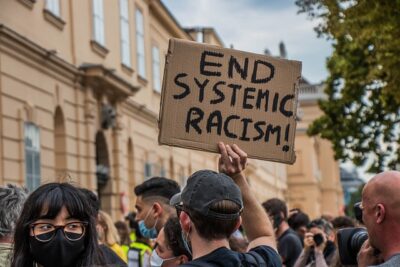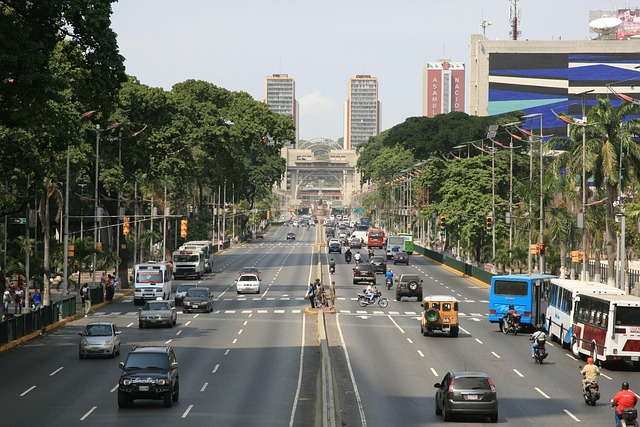
Since the end of the war in 1945, our modern Western culture has been based on the vague idea of the equal value (or dignity) of all people, and to oppose this is considered extremely reprehensible. Anyone who disagrees is simply labelled a racist.
Racism was once a concept that described an ideology in which one’s own ethnicity was put first and others were opposed. In its worst form, it manifested itself in ethnic cleansing, where other groups were expelled or even murdered.
Today, the word is used to describe anyone who shows dissatisfaction with groups or ethnicities, whether through offensive language or outdated expressions, and more rarely through deliberate ideologically motivated actions.
In short, anyone who dislikes immigration or expresses criticism of certain immigrant groups is labelled a racist.
Those who are called racists often feel humiliated and singled out; being called a racist is a sensitive issue. It is important to apologise quickly and get out of the situation, as an accusation of racism can cost you both your career and your friends. The process is reminiscent of the old blasphemy and heresy laws.
Blasphemy refers to an insult that shows contempt, disrespect or lack of reverence towards a deity, an object considered sacred or something considered inviolable. Heresy is worse and refers to a person who deliberately engages in false teachings.
If we go back to the concept of equality, on which our entire society is said to be based, this is a very fragile foundation. Even though we know that not everyone is equal, we play along. We do not treat a homeless person the same way we treat our mother. Everyone is different. Even though we are equal before the law and the authorities, people are not equal to each other. We like some more than others. The concept becomes meaningless, even if it is a beautiful idea. It is somewhat reminiscent of the fairy tale about the emperor’s new clothes, where no one dares to admit that the emperor is naked.
But wait a minute, say the true believers, the Germans marched in the 1930s and murdered millions of Jews. So we have to be careful.
Yes, but speaking ill of a person or ethnic group is not the same as murder, is it? Murder and threats are covered by separate legislation; they are illegal in most countries and have been for a long time.
But speaking ill of certain ethnic groups can, in the long run, lead to a social climate where tendencies towards violence and persecution can gradually develop. Isn’t that so?
Maybe, maybe not. Perhaps we will end up with a society that is a little more honest and unpretentious.
Then there are those who want to go even further and claim that there is a kind of systemic racism; it is the invisible racism that exists even if no one notices it, it is a racism that is built into the system, and it can be detected and interpreted by the true believers.
Yes, it is not easy to relate to the phenomenon of racism. If you can dislike an individual, can’t you also dislike a group of people? Even if not everyone in the group behaves inappropriately, the dislike becomes an expression that applies to the majority or parts of the group.
In addition, there is, of course, general courtesy, politeness and many other cultural norms that prevent most people from expressing themselves in an overly vulgar manner. As long as words remain words, and not fists, they should not lead to legal action, even if they may upset others around you or cause them to break off contact with you. Civil society usually regulates such matters.
However, this is not the case today in many Western societies, where words can lead to fines or prison sentences.
Ultimately, it is a matter of a belief shared by a number of individuals. And anyone who opposes it (regardless of the logic of the argument) can be brought to justice, which is the very definition of blasphemy. We have introduced religious legislation.







